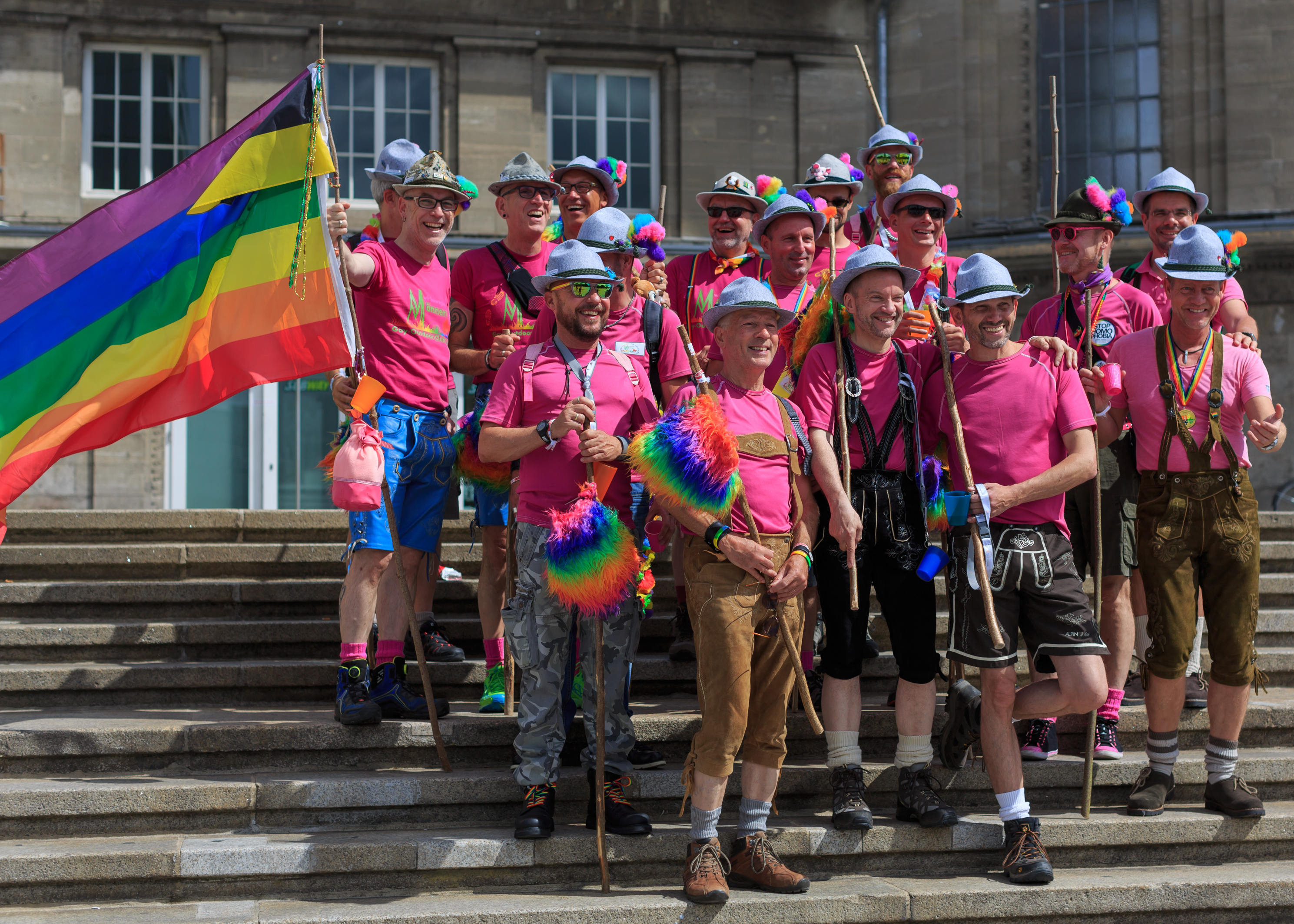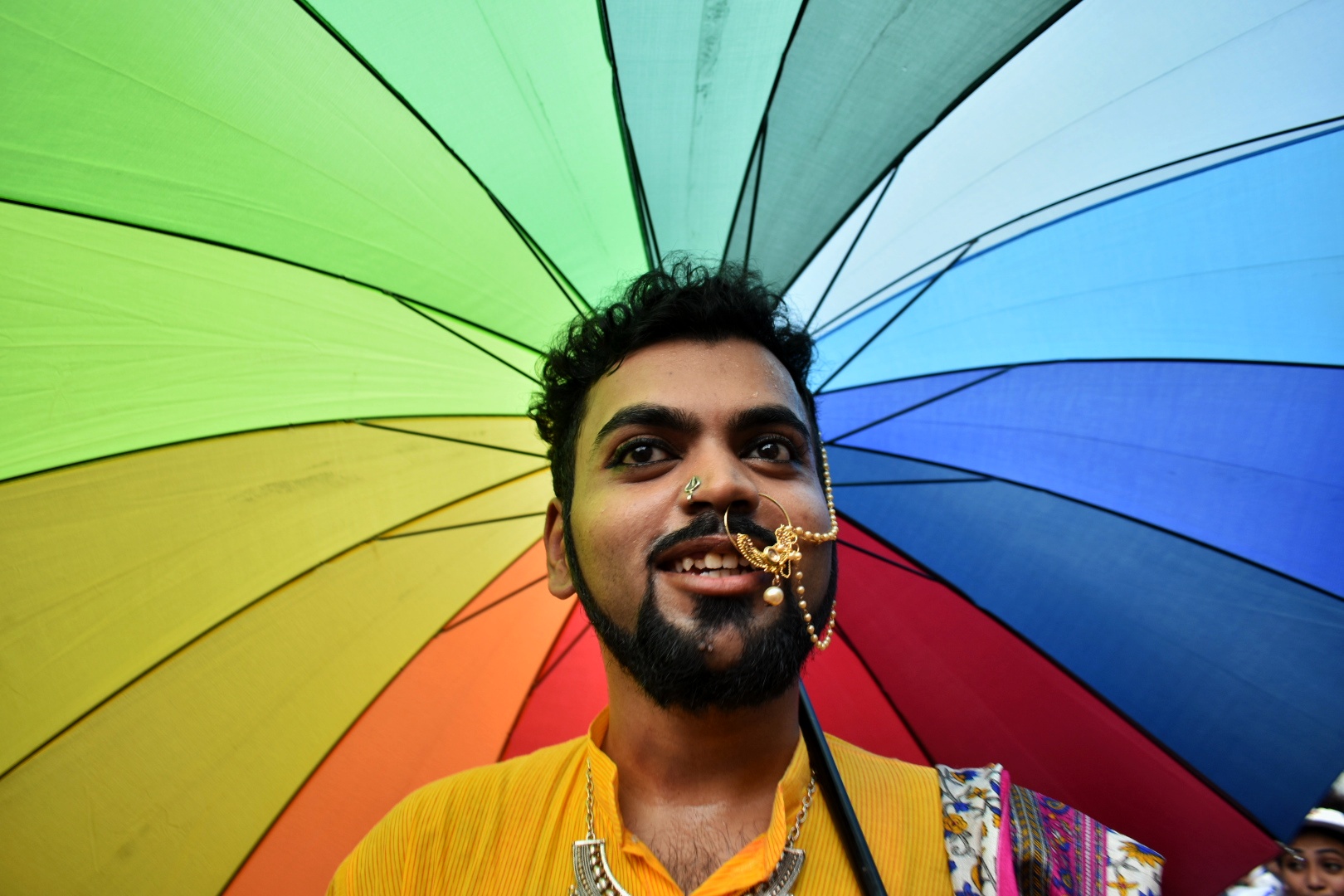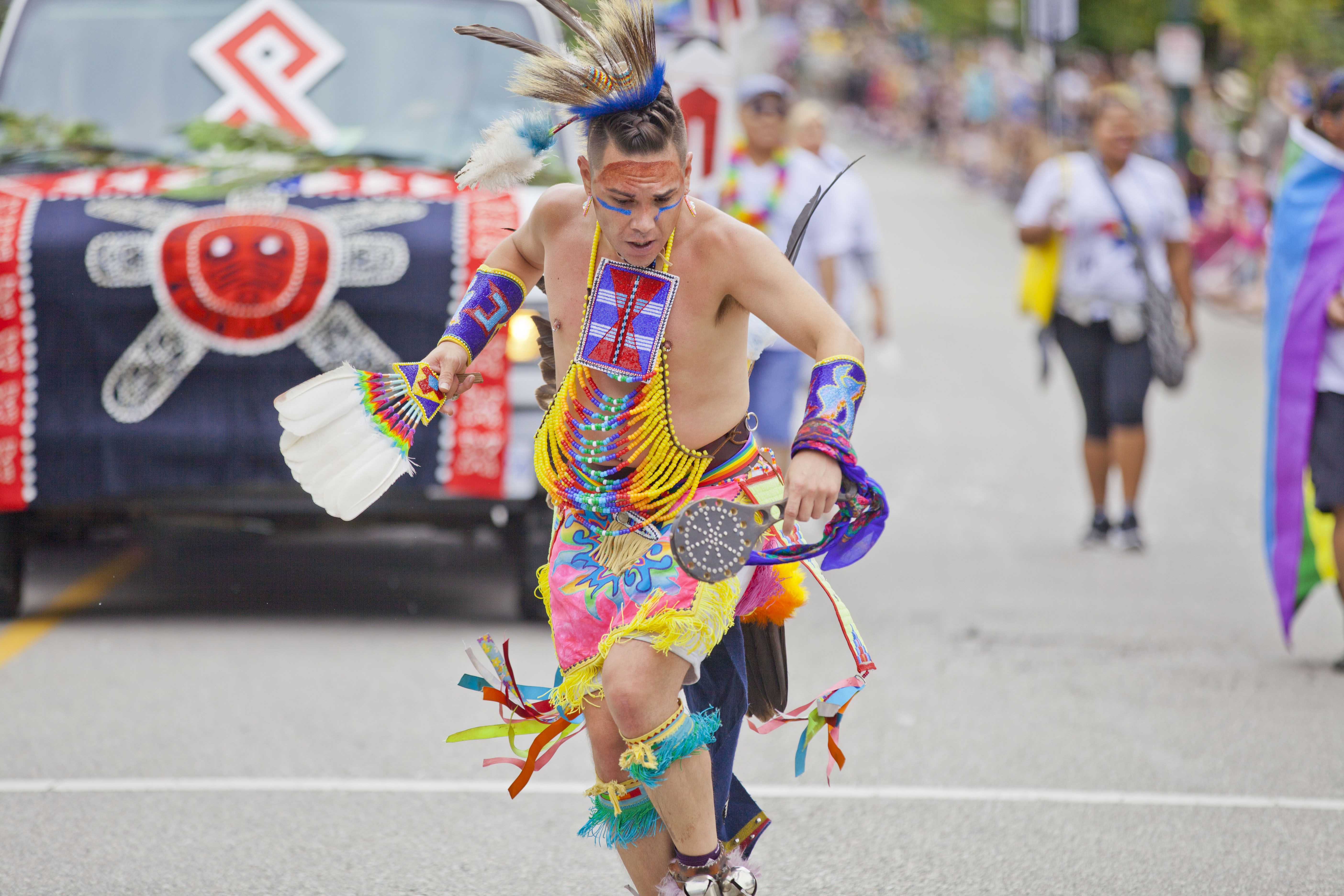Gay culture
Enlarge text Shrink text- LC database, May 14, 2004(gay culture; lavender culture)
- WWW, May 14, 2004(gay culture; gay subculture; lavender culture; queer culture)
LGBTQ culture is a culture shared by lesbian, gay, bisexual, transgender, and queer individuals. It is sometimes referred to as queer culture (indicating people who are queer), LGBT culture, and LGBTQIA culture, while the term gay culture may be used to mean either "LGBT culture" or homosexual culture specifically. LGBT culture varies widely by geography and the identity of the participants. Elements common to cultures of gay, lesbian, bisexual, transgender, and intersex people include: Works by famous gay, lesbian, bisexual, and transgender people, including: Contemporary LGBTQ artists and political figures like Larry Kramer, Keith Haring and Rosa von Praunheim. Historical figures identified as LGBTQ, although identifying historical figures with modern terms for sexual identity is controversial (see History of sexuality). However, many LGBTQ people feel a kinship with these people and their work (particularly that addressing same-sex attraction or gender identity); an example is VictoryFund.org, dedicated to supporting homosexual politicians. An understanding of LGBT social movements Figures and identities present in the LGBTQ community; within LGBT communities in Western culture, this might include drag kings and queens, pride parades and the rainbow flag. LGBTQ communities may organize themselves into, or support, movements for civil rights promoting LGBT rights in various places around the world. Not all LGBTQ people identify with LGBTQ culture; this may be due to geographic distance, unawareness of the subculture's existence, fear of social stigma or a preference for remaining unidentified with sexuality- or gender-based subcultures or communities. The Queercore and Gay Shame movements critique what they see as the commercialization and self-imposed "ghettoization" of LGBT culture. In some cities, particularly in North America, some LGBTQ people live in neighborhoods with a high proportion of gay residents, otherwise known as gay villages or gayborhoods—examples of these neighborhoods include Greenwich Village, Hell's Kitchen, and Chelsea in Manhattan; Castro and West Hollywood in California, United States; Le Village in Montreal, Canada; and Church and Wellesley in Toronto, Canada. Such LGBT communities organize special events in addition to pride parades celebrating their culture such as the Gay Games and Southern Decadence. On June 27, 2019, the National LGBTQ Wall of Honor was inaugurated at the Stonewall Inn in Greenwich Village.
Read more on Wikipedia >
 Topic
Topic











